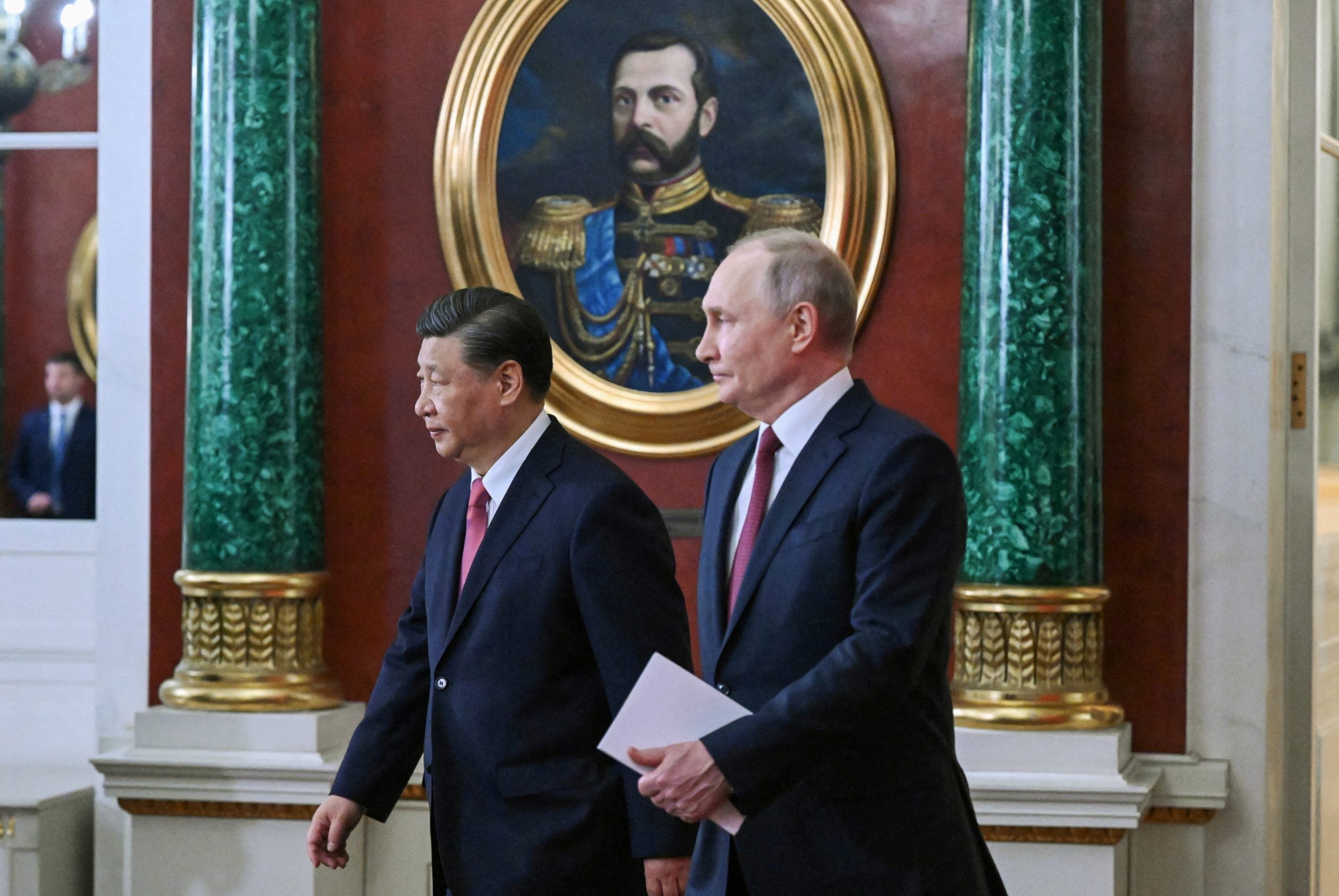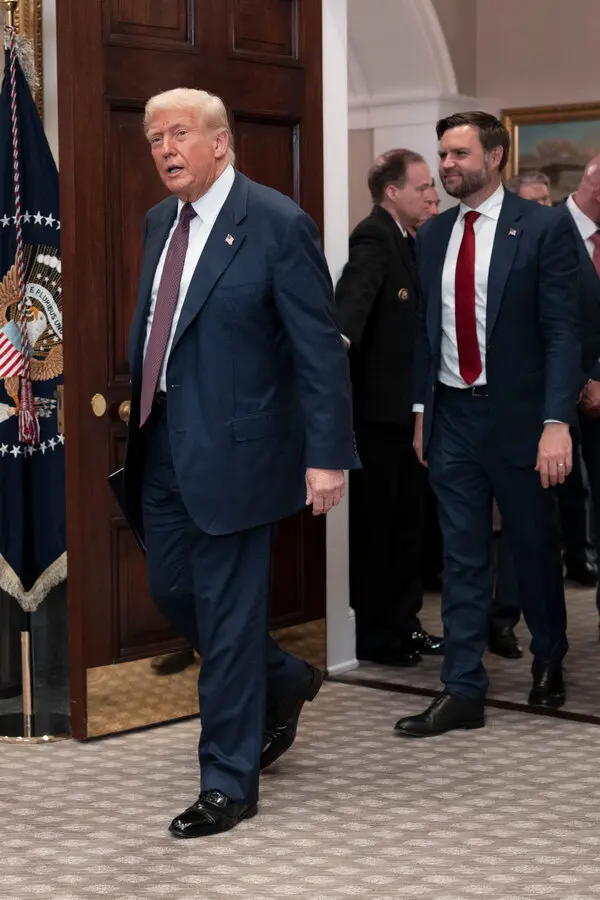
With geopolitical tensions rising due to Russia’s continued military maneuvers and nuclear threats, several analysts propose that former U.S. President Donald Trump might be leveraging this chaos as a political diversion.
- Amid numerous legal conflicts and an impending volatile campaign for the 2024 election, Russia’s aggressive posturing might help redirect media focus and public discussion from his internal weaknesses.
In the past few months, Russian officials have intensified their language regarding the possible use of nuclear weapons, especially concerning the Ukraine conflict and NATO’s increasing backing for Kyiv.
- Although these threats have been broadly denounced, they have sparked renewed apprehension about a larger global conflict. While headlines highlight the Kremlin’s hostility, domestic matters in the United States—such as Trump’s indictments and trials—tend to fade from the forefront of standard reporting. For Trump, a key player in the Republican Party and currently campaigning for the presidency again, international turmoil can serve as a political distraction. His enduring admiration for Russian President Vladimir Putin, which detractors claim approaches appeasement, positions him in a distinctly contentious role.

Rather than separating from Moscow, Trump frequently leverages Russia-related issues to criticize NATO, American foreign policy, and President Joe Biden—portraying himself as the candidate capable of having “prevented war” through strength and diplomacy.
- This rhetorical approach appeals to a segment of his supporters who perceive foreign policy through the perspective of American isolationism and the “America First” ideology. For these backers, Russia’s behavior strengthens Trump’s claim that the present administration is feeble and careless globally. In this manner, saber-rattling serves as a mechanism not just for the Kremlin but also indirectly for Trump’s campaign communications.
Nonetheless, this method carries its own risks. By minimizing the significance of Russian threats or using them for political advantage, Trump may come across as unconcerned about global security and encourage authoritarian governments. Critics contend that these tactics compromise U.S. credibility and may estrange allies who perceive nuclear threats as a serious concern—not a campaign issue.
- In conclusion, although Russia’s nuclear threats are clearly a significant global issue, they could also act as a useful diversion for Donald Trump—enabling him to reshape political stories, shift focus from legal issues, and bolster his persona as a dominant leader in a tense world.


